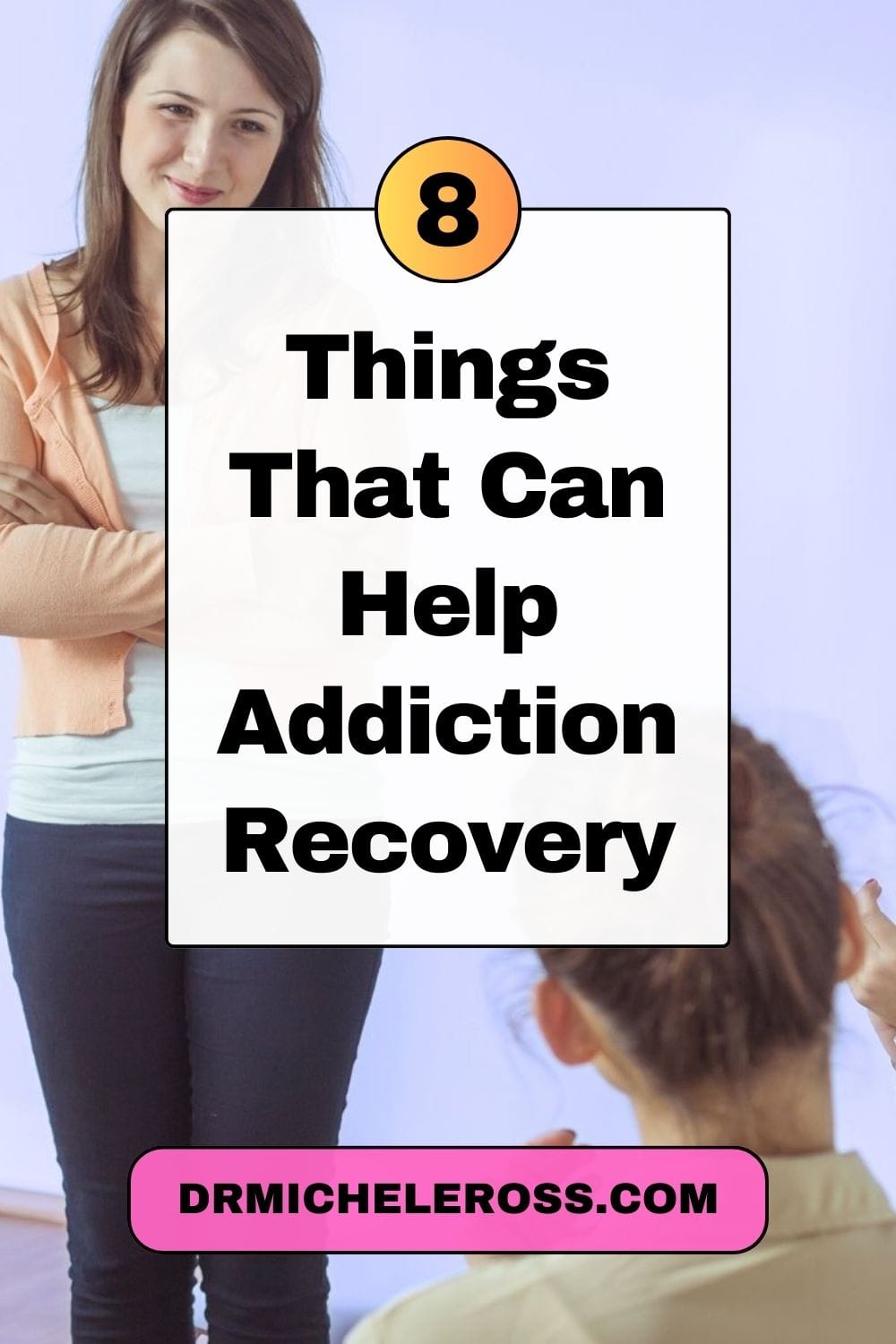
Just as every individual is different, so is their journey from addiction to recovery. Not every suggestion you find below may work for you, but some of it might, and it could help you maximize your chances of living a happy, healthy, addiction-free life. Read on to find out more.
Invest in your diet
One of the most supportive things you can do for your body and mind when in addition to recovery is to invest in your diet. This can be hard at first because cooking healthy meals from scratch can be time-consuming and expensive. You may also not be super confident in your cooking skills, and eating lots of sugary snacks can feel like a replacement for other substances in your life.
However, despite the challenges that face those of us wanting to eat a healthy diet, the benefits are well worth it. Indeed, a good diet can provide all types of support for those of us in addition to recovery including helping our bodies heal from the trials we have put through even down to the cellular level. Similarly, a nutritious and varied diet can give us the energy, and clarity we need to push through when times are tough, and even help us reinforce other aspects of our recovery such as our routines and sleep.
It’s also entirely possible to meal prep once at the weekend for the entire week rather than cooking fresh three times every day. This is a solution that can make it super easy to ensure we get all the nutritious food we need.
Make recovery friends
One of the biggest stumbling blocks to those in recovery is their old social group. This is because it’s common for those that they spend the most time with to be using the same or similar substances. Of course, going back into that type of situation even after a rehabilitation program can put their recovery at risk, and that is why it’s very important to create new friendship groups during and after recovery.
Indeed, you can gain a lot of support from spending time not only with those going through the same recovery process as you but also with those who have been through it successfully and are living in recovery.
To that end, finding some peer support groups can be very useful here. Especially when you find you can no longer spend time around your pre-recovery social group.
Prioritize sleep
Both your body and your mind need plenty of sleep during recovery. However, it can be tempting to nap as a way of avoiding feelings and experiences. This is not the right approach because it can limit your ability to live your life and disrupt your nighttime sleep.
Indeed, getting a good night’s sleep is crucial to a successful recovery because it helps limit stress, balance hormones, and regulate mood. To that end, it is crucial to have a balanced view of sleep. What this means is having a routine that you do before bed each night that helps your body understand that sleep is on its way. However, conversely putting yourself under too much pressure to sleep can also cause stress and sleeplessness, so holding this routine lightly and allowing the occasional nap or late night is probably best.
Move your body
There are all sorts of benefits associated with moving your body that can be helpful during addiction recovery. The first of these is that when we move our bodies release happy chemicals called endorphins which have a positive effect on our mood. This natural mood lifter can be very helpful when our emotions are otherwise regulated as we go through the recovery process.
Additionally, moving our body oxygenates our blood, and helps toxins expel faster. It can also give us a sense of pride and self-esteem which can be useful for those going through recovery.
The trick to integrating exercise into your life regularly is to make it as easy and enjoyable as possible. That means you don’t have to take up kickboxing or join a running club unless you want to. Instead, you can take up dance, add a walk into your routine or do one of the many free classes you’ll find on YouTube.
Set yourself a routine
During the process of recovery, a routine can be a real lifesaver. This is because it provides guidance on what you should be doing with your time, as well as builds confidence. After all, you know what will be happening next. Routine is also very helpful because it can help you to stay in the habit of doing all the things that are useful to your recovery such as cooking and eating healthy food and attending your counseling and peer support sessions.
However, it is important to note that you are not a robot and no one expects you to have a routine that is always perfect. Instead try to think of it as a guide of how to spend your day and your time, and don’t beat yourself up too much if you don’t keep to it exactly. Instead just gently refocus on what you should be doing and do it when you fall off the path.
Manage your symptoms
One of the biggest symptoms that individuals must manage during recovery is withdrawal. Indeed, it’s not only narcotics like opioids or amphetamines that can lead to withdrawal symptoms but prospective medications such as Cymbala as well. Sadly, some people who have taken this medication for their depression and anxiety have given reports such as ‘cymbalta ruined my life’, showing just how hard they found coming off the drug. Fortunately, with the right support withdrawal symptoms from most drugs including prospective ones can be managed.
Withdrawal support can include attending a rehabilitation program where counseling and other types of therapy are offered. Some of these programs even offer medical therapies that can help reduce the symptoms of withdrawal and so make it easier to succeed.
Go to your counseling sessions
For many the therapy and counseling sessions they attend during the recovery process are the most effective tools for living a substance-free life. There are many different types of therapy on offer to those going through addiction recovery including one-to-one sessions with a trained professional, group sessions, and family and relationship sessions.
Counseling can be a useful support in addiction recovery in a variety of ways. In the first instance, it can be useful in talking through the intense feelings and sensations associated with withdrawal and recovery, as well as exploring an individual’s relationship to using. Counseling is also helpful in that it can help a person define what recovery is for them and outline the values they want to work towards. Last, of all, counseling can be supportive in making and refining any changes as well as providing some accountability for doing so in the later stages of recovery.
Plan what you will do when the going gets tough
Most people understand that addiction recovery can be tough at times, and one thing that can help is to have a plan for when things feel this way. This is often known as a trigger plan, in that you map out what you will do if you get triggered and feel the urge to use it again. By having a plan in place and being familiar with it, you can prevent relapses and also feel confident that no matter how challenging things get, you will be able to cope and stick to your values.
Pin This Post





